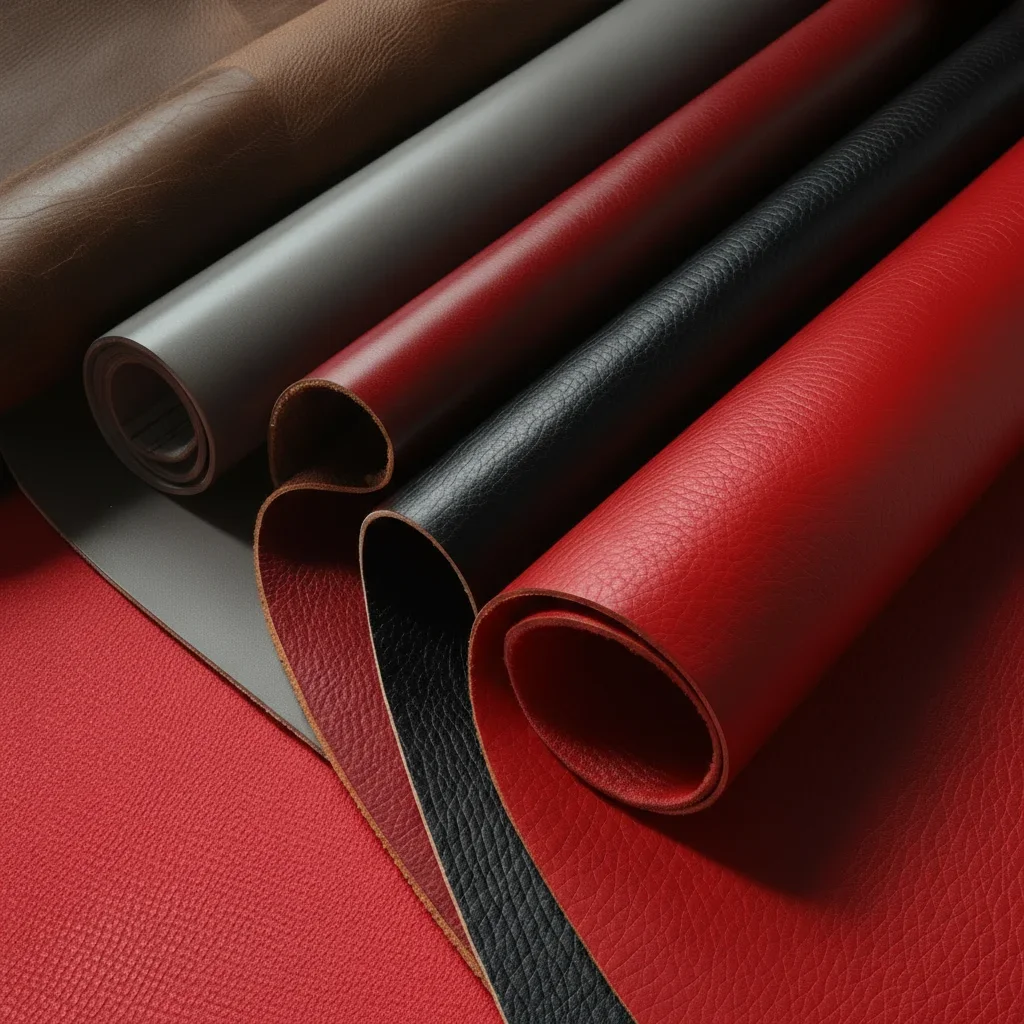IS LEATHER VEGAN?
No, of course leather is not vegan. But since I work with leather floggers, I’d like to explain why their use may be less harmful to the animal world than some people assume.
Leather is a byproduct of the meat industry. Animals are not typically raised solely for their hides, as leather does not generate enough profit to justify that on its own. In fact, hides account for only about 5–10% of the total value of a cow. While this doesn’t justify the use of animal products from an ethical vegan standpoint, it also means that refusing to buy leather will not, by itself, reduce the number of animals killed for meat. That said, the choice still matters, and being conscious of leather sourcing and production practices is important.
Leather is also one of the most durable and long-lasting materials available, making it more sustainable than many synthetic alternatives—especially in the context of BDSM tools, where durability, flexibility, and skin-compatibility matter. This is why floggers are often made of real leather. Vegan alternatives - such as faux leather or synthetic materials - often contain polyurethane (PU) or polyvinyl chloride (PVC), which are types of plastic. These can be less breathable, less durable, and may cause skin irritation with heavy or repeated use. And while leather eventually biodegrades (especially if it's vegetable-tanned), most vegan leathers are non-biodegradable plastics that persist in the environment for centuries.
One of the major environmental concerns with leather is the tanning process, which transforms raw animal hides into durable leather. The most common method, chrome tanning, uses chromium salts and heavy metals that can be extremely toxic to both people and ecosystems. By contrast, vegetable tanning is a more sustainable method that uses natural tannins from plants, bark, or fruits. It’s less toxic and results in a biodegradable end product, but it takes longer and is more expensive.
So What’s the Most Ethical Choice?
If you choose to use leather floggers (or you make them yourself) and want to do so as ethically and sustainably as possible:
Choose high-quality, vegetable-tanned leather when available. These products are more eco-friendly. But expect them to be more expensive.
Care for your tools properly - clean them regularly and store them well. Properly maintained, a leather flogger can last for decades.
Buy less, but better. Investing in one good-quality piece is more sustainable than replacing cheap ones often or building up an arsenal that you could only use up in many lifetimes.
While leather will never be vegan, a thoughtful and informed approach can significantly reduce harm—both to animals and to the environment.

